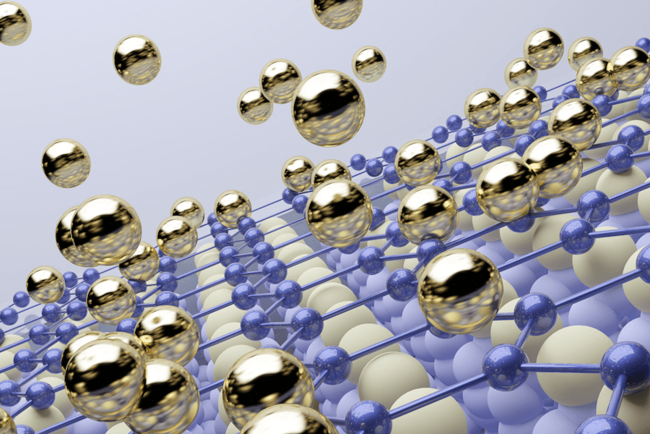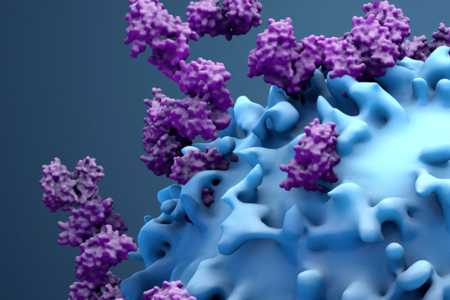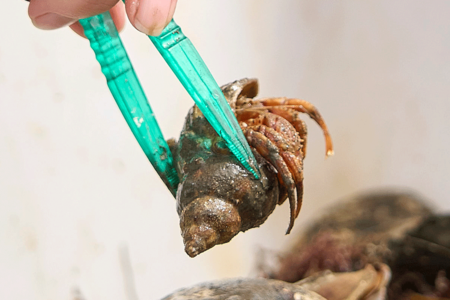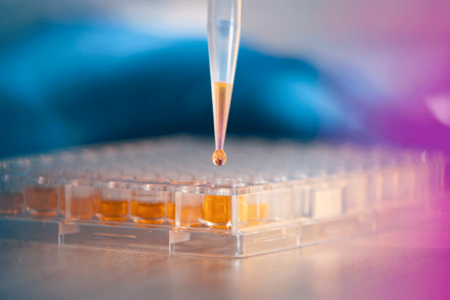Sepideh Hakim, from Iran, is studying Nanoscience.
It is not cheap to study in Copenhagen. But it is worth the money, though I got the chance to go to Gothenburg and study there for free. I chose Copenhagen instead, and I haven't regretted it for one moment.
My uncle spent 25 years in Denmark and he had told me lots of nice things about Copenhagen and the country as such. And when I checked the University of Copenhagen out in the global rankings and it turned out to be the 45th best in the world, my mind was made up.
I did physics in Iran but decided to switch to nanoscience for my Master degree. I believe Nanoscience is investigating unexplored aspects of the world, and it makes me feel I am part of an exciting research and study environment. There are lots of opportunities if you want to do experiments and write papers. From the beginning I was very interested in environmental projects and I can say that I have found it here in Copenhagen University: ''nanoscience in the context of an environmental project''.
I feel completely happy in Copenhagen. In Denmark everyone speaks very good English, which sets it apart from many other countries. There are lots of international higher education programmes in English. Even an old lady will help you in English, if you're standing there looking lost with a map in your hand. Unlike the prejudices you hear about Danes being cold and inhospitable to strangers, according to my experience the Danes are really amenable and welcome foreigners. They are interested in other cultures, and they're really helpful.
One of the things I really like about Denmark is the biking life - here I do bicycling a lot and I enjoy it very much. It gives you a feeling of safety with all those bike paths and facilities for biking in Copenhagen, and in the city it is easy to get around on bike.
Another good thing about studying in Copenhagen is that it is a good way to learn to live independently, by being far from my home - although I've missed my family a lot. I share a flat with some other students. That's also a completely new way of life for me. I am so happy to be studying here, and I am very hopeful for a good future in my education and in my life as well.
Sepideh later did a PhD in Nanoscience at University of Copenhagen and now works as a materials engineer at Grundfos.






